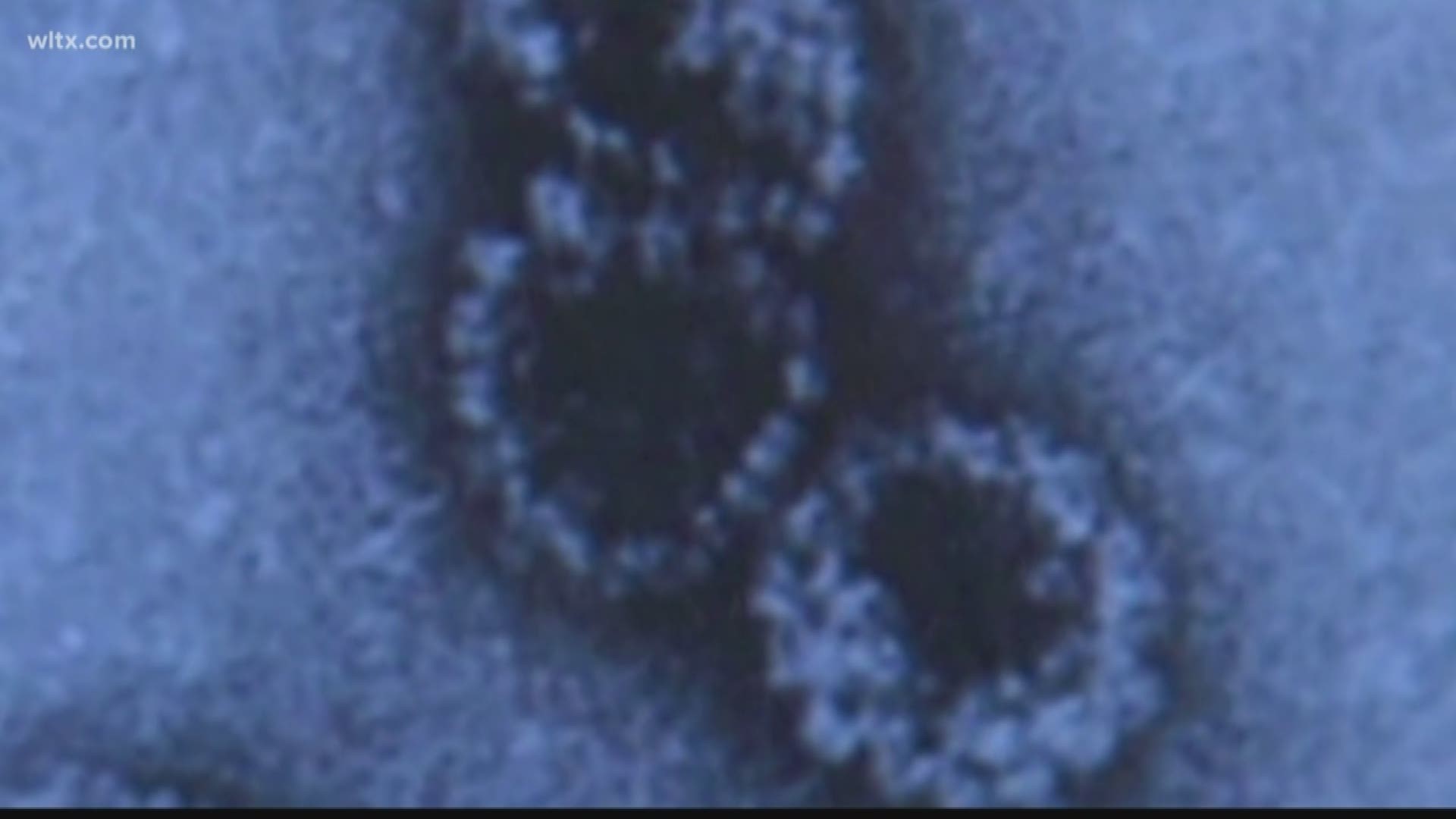WEST COLUMBIA, S.C. — This week the CDC's Advisory Committee on Immunization Practices, known as ACIP, voted unanimously to recommend HPV vaccines for both boys and girls and men and women through age 26 .The panel also suggests adults from 27 to 45 who haven't been vaccinated to talk to their doctors about it.
There is no treatment for the virus itself. However you can talk to your health care provider about treatments and options for the health problems that H-P-V can cause.
Human papillomavirus is the most common sexually disease (STD) in the United States.
According to the U.S. Department of Health and Human Services, more than 75 out of 100 sexually active people will get genital HPV at some point in their life. https://www.hhs.gov/opa/reproductive-health/fact-sheets/sexually-transmitted-diseases/hpv/index.html
There are more than 40 different types of HPV that fall into two categories; low risk strains and High risk strains. The low risk strains of HPV can cause warts on the genitals. The warts can be itchy, embarrassing, and unpleasant, but these strains do not cause cancer. It’s the high risk strains that can be life threatening. High risk strains do not cause warts but can, in some cases, cause can cause 6 different kinds of cancer, cervical, anal, penile, vaginal, vulvar and oropharyngeal cancer(cancer of the head and neck area)
How can you prevent HPV?
HPV is passed by direct skin-to-skin contact during vaginal, anal, and oral sex with someone who has this infection. Rarely, a partner with HPV on his or her hands can pass the infection to the genitals. Most cases of HPV are spread by partners who do not have visible signs or symptoms and do not know they have the virus. A person can have HPV for months or even years without knowing it.
HPV can cause genital warts, which usually appear as a small bump or group of bumps in the genital area. Warts can be small or large, raised or flat, or shaped like a cauliflower.
In most cases, HPV goes away on its own and does not cause any health problems. However, there is no way to know if people who have HPV will develop cancer or other health problems. People with weak immune systems may be less able to fight off HPV and more likely to develop health problems, this includes people with HIV/AIDS.
The best way to protect yourself against getting HPV is to abstain from oral, vaginal, and anal sex, to be in a mutually monogamous relationship with a partner known to be uninfected and to get the HPV vaccine.
According to the CDC the HPV vaccine is proven to be safe and effective.
Currently, the CDC recommends routine HPV vaccination for adolescents between 11 and 12 years old , women up until the age of 26 and heterosexual men up until 21 years old.
However those guidelines have been changed due to analysis of new data that has been recently published in the journal The Lancet https://www.thelancet.com/journals/lancet/article/PIIS0140-6736(19)30298-3/fulltext
The review of these previous studies showed that, after five to eight years of vaccination, the prevalence of the HPV strain linked to cervical cancer , decreased significantly by 83% among girls aged 13 to 19, by 66% among women aged 20 to 24 and by 37% among women aged 25 to 29.
The study also found significant decreases in anogenital wart diagnoses in both girls and women and boys and men.
Links :
https://www.hhs.gov/opa/reproductive-health/fact-sheets/sexually-transmitted-diseases/hpv/index.html

